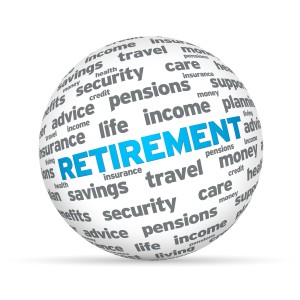
There were some minor changes made in 2015 for workers and retirees by the social security administration. Social security benefits increased starting January 2015, by 1.7% which is an average of $22.00 extra dollars per month. The average monthly payment is now $1,328 per month compared to $1,306 per month last year.
If you reach full retirement age in 2015, your maximum benefit will be $2,685.50 per month. If you delay receiving your social security benefits, your social security will increase approximately 8% per year until you reach age 70.
The amount of the base rate ($117,000) last year, is now $118,500 in 2015. The maximum in social security tax you pay is $7,347.
To qualify for social security benefits, you need to earn credits over your working career. Each credit you get is based on how much money you make. You are limited to 4 credits per year. You earn one credit for every $1,220 earned in 2015. If you take your retirement benefits before age 66 and you are working part time, the amount of your benefit is reduced based on the dollar amount you earn. For example, in 2015 you can earn $15,720 (gross pay) before your payments are reduced. If you earn more than $15,720 your payments will be reduced $1.00 for every $2.00 you earn. If you turn 66 in 2015 you can earn $41,880 (gross pay) before your benefits are reduced $1.00 for ever $2.00 you earn.
Medicare Part A deductible has increased from $1,216 to $1,260 for 2015. Premiums for Part D have increased on an average of 4% for 2015.
401K You can defer up to $18,000 of your income and another $6,000 if you reach 50 or older in 2015.
The total amount you can save (including employer contributions) is now $53,000 for 2015
Limits for IRA contributions are set at 2014 levels ($5,500 or $6,500, 50 and over)
The maximum income limit to qualify for a deduction on a traditional IRA is now $71,000 (single), $118,000 (married)
The maximum you can earn before being phased out of contributing to a Roth IRA is now $131,000 (single) $193,000 (Married).
The new “MyRA” is expected to come out this year as an alternative way for individuals to save. These accounts are similar to a Roth IRA and the annual income requirements will be under $129,000 (single) and under $191,000 (married).


